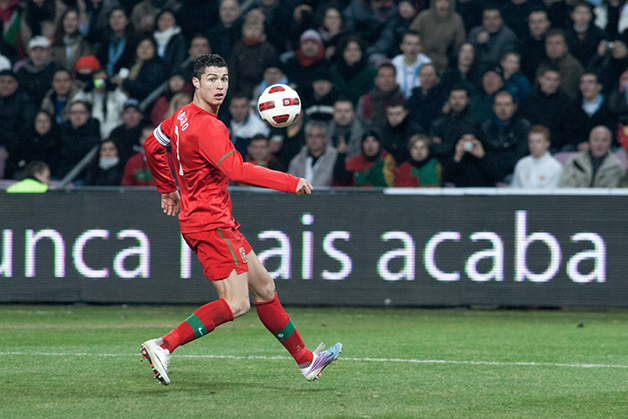

ON 30 JANUARY, Manchester United footballer Mason Greenwood was arrested on suspicion of raping his girlfriend Harriet Robson following allegations and evidence which she posted on social media. He was then rearrested on suspicion of sexual assault and making threats to kill. Robson uploaded a number of pictures, videos and voice notes to her Instagram story, including an audio recording of Greenwood’s alleged attempt to rape her.
Manchester United have suspended Greenwood on full pay, which in his case amounts to an eye-watering £75,000 a week. Greenwood is not the first prominent footballer to face allegations of sexual or physical violence towards women in recent years, demonstrating the systemic issues of sexism and male chauvinism which infect the male sport at all levels.
A history of sexism
Football has a well documented history of both sexual and physical violence inflicted by players on their partners and other women. Greenwood’s fellow Manchester United star Christiano Ronaldo was accused of raping Kathryn Mayorga in a Las Vegas hotel, although his football career has been unaffected.
Former Manchester City player Robhino was convicted by an Italian court of participating in a gang rape in 2013, and is subject of an international arrest warrant after fleeing the country on bail. Wales national team manager and former Manchester United star Ryan Giggs has been charged with assaulting two women and controlling or coercive behavior. These examples are by no means exhaustive. In 2012 former Sheffield United player was convicted of rape, which was overturned on appeal after details of the complainant’s sexual history were admitted as evidence.
Toxic masculinity rears its head amongst significant sections of football supporters, with sexist, homophobic and racist chanting commonplace at major events. Celebrities and athletes are paid obscene sums under the present system of private ownership of sports clubs, which inevitably creates a sense of superiority and of being above the law, which leads to some feeling entitled to violate the bodily autonomy of others.
Societal issue
The problem of male violence against women is not specific to football; it is an endemic social evil, that affects at least 1 in 3 women in their lifetime. Despite the generalised nature of violence against women, conviction rates remain low, even for those cases which make it to trial. Even with the strength of the evidence leveled against Greenwood, his conviction for rape and assault is by no means certain.
There are a number of steps anti-sexist football fans can take to challenge sexist attitudes and violence within the sport. Firstly, we must oppose the abuse and victim-blaming of women seeking justice.
Secondly, we should oppose the racism, sexism and homophobia which is still too common on and off the pitch in the male game, and for the equal treatment and promotion of the women’s game. Thirdly, we should support society-wide efforts to provide safe and properly funded women’s refuges, and challenge the institutional sexism of the crown prosecution service and police form which systematically deny justice to victims of sexual violence.
But ultimately sexist attitudes and violence towards women stems from their subordinate, oppressed position in class society. Capitalism cannot afford to liberate women from their allotted role as unpaid domestic workers, childbearers and carers; patriarchal ideology and the nuclear family is the means by which women are imprisoned in this role.
To end it completely we must fight for women’s liberation through the socialisation of care and domestic work. That’s why there can be no women’s liberation without socialism, and no socialism without women’s liberation.